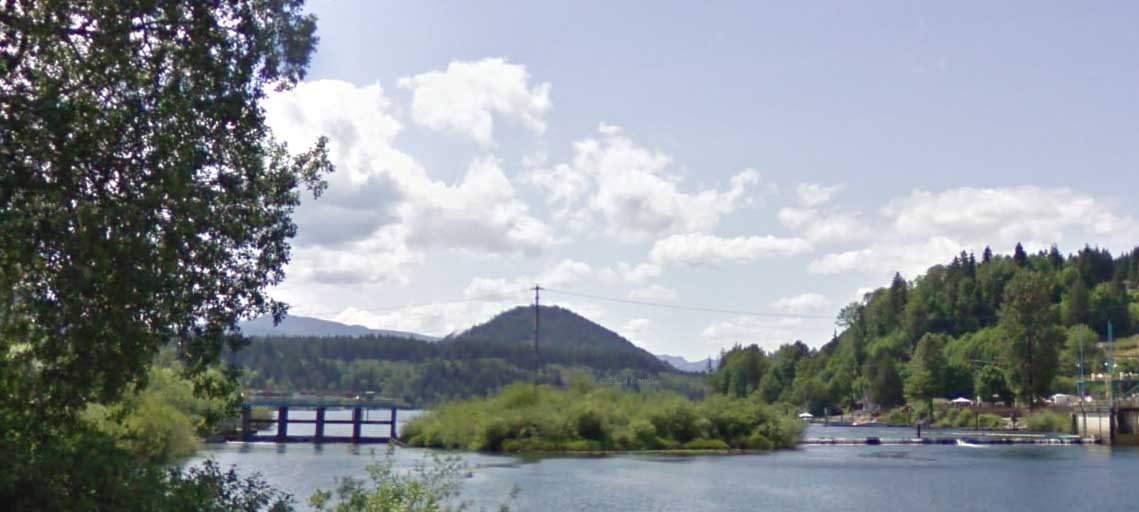The science is in, and the Public Advisory Group, who was looking at water supply and storage options for Lake Cowichan, is recommending the weir height be increased.
The Group says it should be raised by 30 centimeters on an interim basis with infrastructure eventually put in place to accommodate a 70-centimeter increase in storage capacity once a compensation mechanism for property owners, who will find their property inundated with water, can be worked out.
Chief Administrative Officer for the CVRD, Brian Carruthers says the recommendations come after an in-depth study…..
Until the weir can be raised, the report recommends allowing for temporary pumping to be used as an emergency measure to maintain a minimum flow down the Cowichan River during future severe summer droughts.
Carruthers says doing nothing is not an option because, with climate change forecasts, the Cowichan River will run dry.






